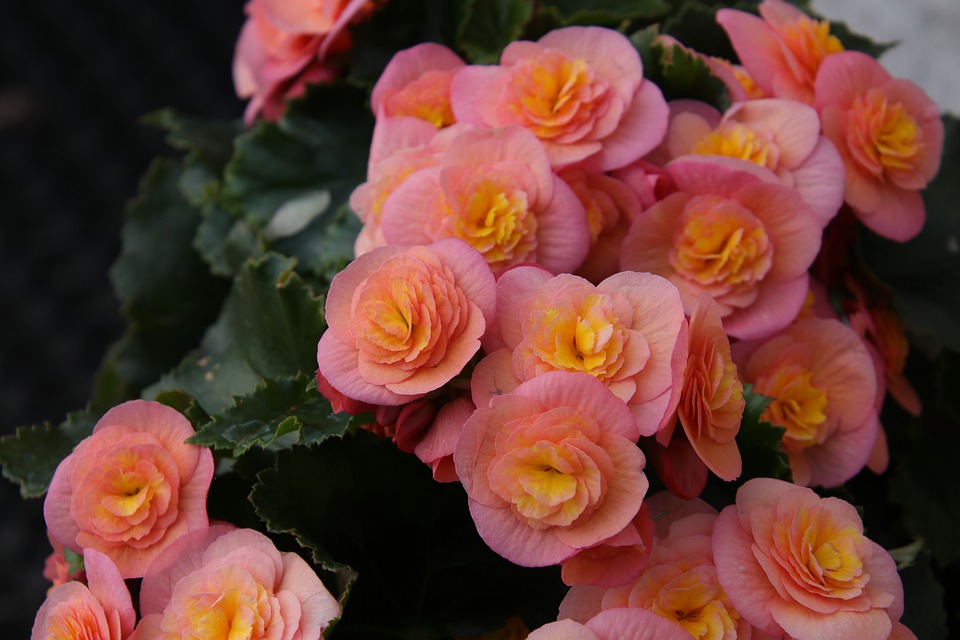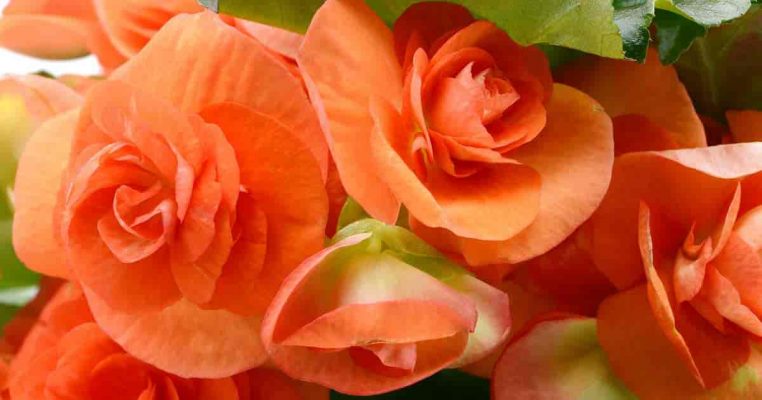The Garden Post
Rieger Begonia Care
Unlike Rex Begonias, Rieger Begonias are grown for their beautiful flowers, which come in shades of pink, yellow, orange or white. They bloom for several weeks (or months if they’re very happy) and then go through a period of dormancy which can last 2 to 4 months before blooming again. Riegers can be grown outside where they’ll act as annuals. The care below is specifically for their use as houseplants.
Light – Bright, indirect light. The more light these plants receive, the more they’ll flower. Avoid direct sunlight, which can cause leaf scorch.
Water – Water once the top third of the soil is dry. Avoid getting water on the leaves as wet leaves can lead to fungal disease. A self-watering pot or setting a container with drainage holes into a dish with water is an easy method of watering without worrying about the leaves. Pour out excess water after 15 to 20 minutes. Be careful not to overwater as Riegers are susceptible to root rot if soil stays too wet.
Soil – Rieger Begonias do best in well-draining potting soil like Espoma Potting Soil.
Temperature – Temperatures between 65° and 80° are ideal. Do not expose Rieger Begonias to temperatures below 55° and protect them from drafts.
Humidity – Rieger Begonias prefer high humidity levels; however, due to their dislike of wet leaves, do not mist them. Instead, set a tray of pebbles and water or a humidifier nearby.
Fertilization – Feed regularly with a balanced fertilizer, like Bonide Liquid Plant Food, when they’re blooming. Once blooming has finished, decrease how often you fertilize until they begin forming new flower buds.
Deadheading – Pinch back faded flowers to encourage new growth.
Size – Rieger Begonias average 12 to 18 inches tall and wide at maturity.
Repotting – Repot only when necessary and when the plant is not actively blooming. Rieger Begonias enjoy being moderately pot bound so don’t repot too often. Select a container no more than 1 size larger than its current pot with good drainage.
Propagation – Easily propagated by cuttings.
Toxicity – Moderately toxic to people and pets if ingested.



